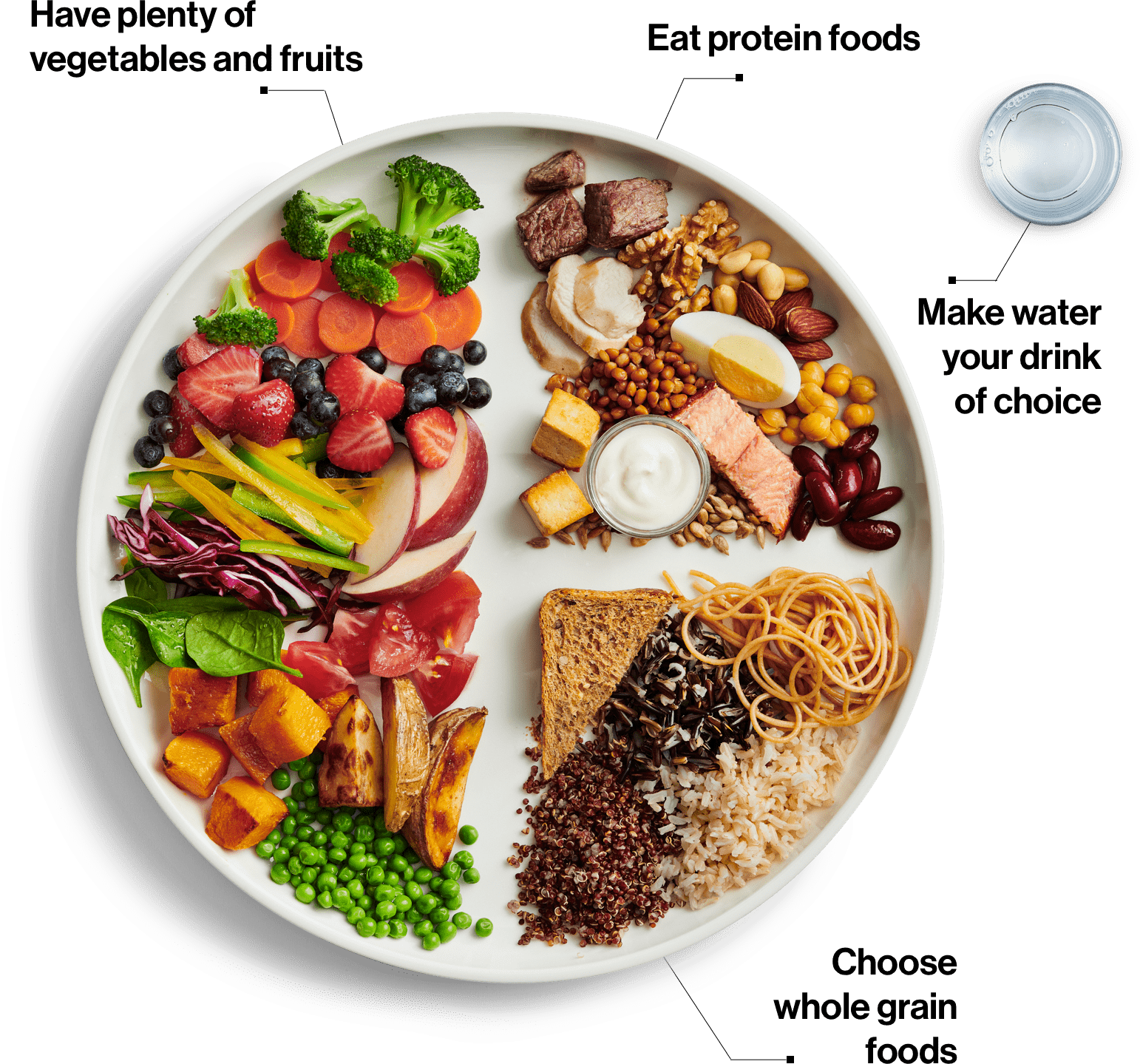True or false:
Mental and physical health are linked
True
Fr ex: People with a long-term physical health condition such as chronic pain are much more likely to also experience mood disorders. Conversely, people with a mood disorder are at much higher risk of developing a long-term medical condition.
True/False: Two people taking the same medication will experience the same side effects.
False: side effects vary from person to person. Always remember to discuss them with your healthcare provider.
Who are some natural support systems in your life?
friends, family, Teachers. community etc.
Name a source of protein
- eggs
- lean meats and poultry
- nuts and seeds
- fish and shellfish
- lower fat dairy products
- beans, peas and lentils
- fortified soy beverages, tofu, soybeans and other soy products
How many hours a night of sleep should you try to get?
7-10 hours depending on your age.
True or false:
Young people aged 15 to 24 are more likely to experience mental illness and/or substance use disorders than any other age group.
True
True or false:
Just taking medication is enough to deal with Mental Health Issues.
False: Treatment for mental health problems varies depending on the individual and could include medication, therapy, or both. Many individuals work with a support system during the healing and recovery process.
What are some physical things you can do to relax?
Deep breathing exercises, sports and recreational activities, exercising, yoga, meditation and stretching.
How much should you exercise per day?
An hour a day.
This sleep disorder involves difficulty falling or staying asleep and can lead to daytime fatigue and other health issues. is it:
a) Narcolepsy
b) Insomnia
c) Sleep Paralysis
d) Sleep Apnea
b) Insomnia
What is mental health stigma? And can you name an example
- Public stigma involves the negative or discriminatory attitudes that others have about mental illness.
- Self-stigma refers to the negative attitudes, including internalized shame, that people with mental illness have about their own condition.
- Institutional stigma, is more systemic, involving policies of government and private organizations that intentionally or unintentionally limit opportunities for people with mental illness. Examples include lower funding for mental illness research or fewer mental health services relative to other health care.
What are some reasons people stop taking their medications?
Side effects, feeling better, forgetting.
List something you can do to manage your stressors in your life. (Things that prepare you for potential stressful situations)
Prepare for potential stressful things/events in the future to lessen the pressure you may feel.
for example: Rehearsing and reviewing for school assignments or answers for job interviews.
There are many more answers, feel free to share any that are relevant
Drinking enough of this daily is crucial for maintaining hydration, regulating body temperature, and supporting all bodily functions. What is it?
Water
Name a tip for better sleep
Regularity (of sleeping and waking up)
Temperature (keep it cool about 18 deg C)
Darkness (dim lights, avoid screens)
Walk it out (if can't sleep within 25 mins in bed, do something else, don't let your brain form an association between your bed and sleepless lying down)
Monitor alcohol & caffeine (avoid)
Wind down routine (try some activities and make your own routine)
Avoid napping during the day.
Food be disruptive right before sleep
Establish a regular relaxing bedtime routine
Make sure that the sleep environment is pleasant and relaxing
Name a factor (something that is part of someone's life) that can contribute to mental health problems.
- Biological factors, such as genes, physical illness, injury, or brain chemistry
- Life experiences, such as trauma or a history of abuse
- Family history of mental health problems
Name one way a medication can be taken/ administered
Treatment typically consists of pills or capsules, taken daily. Some can also be available as liquids, injections, patches or dissolvable tablets. People who have difficulty remembering to take medications daily or people with a history of stopping medication may have better results by taking medication as a shot at the doctor’s clinic once or twice a month.
IV and intra Nasal treatment are also available options for certain medication.
This practice involves taking deep breaths and focusing on the present moment to help manage stress and anxiety.
mindfulness
What does the current Canadian Food Guide look like?
a) It includes 4 food groups; vegetable/fruits, whole grains, dairy products and meat /protein
b)It is a visual plate with 50% vegetables and fruits, 25% protein foods and 25% whole grains.
c) I looks like a pyramid with fats and oils at the top and whole grains at the bottom.
d) None of the above
b)

What does the acronym REM ( REM sleep) stand for.
Rapid Eye Movement
What is the difference between Mental Health and Mental Illness?
While mental health refers to anyone's state of mental, emotional well-being, mental illnesses are diagnosed conditions that affect thoughts and behaviors.
The presence or absence of a mental illness is not a predictor of mental health; someone without a mental illness could have poor mental health, just as a person with a mental illness could have excellent mental health.
What Are important things to know about a medication when you are prescribed it?
The type of medication, how much you need to take, side effects that can come from the medication and what symptoms it is treating.
What is the 5-4-3-2-1 coping technique ( grounding technique)
5: Acknowledge FIVE things you see around you.
4: Acknowledge FOUR things you can touch around you.
3: Acknowledge THREE things you hear.
2: Acknowledge TWO things you can smell.
1: Acknowledge ONE thing you can taste.
what age does your brain get fully developed?
25 years old
Name the body’s internal clock that regulates the sleep-wake cycle, typically following a 24-hour pattern.
the circadian rhythm